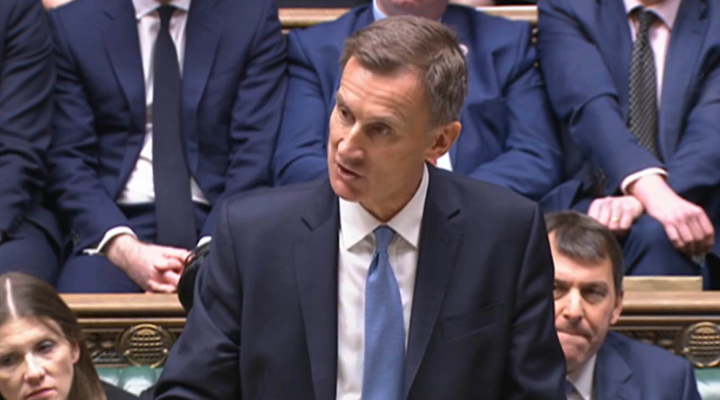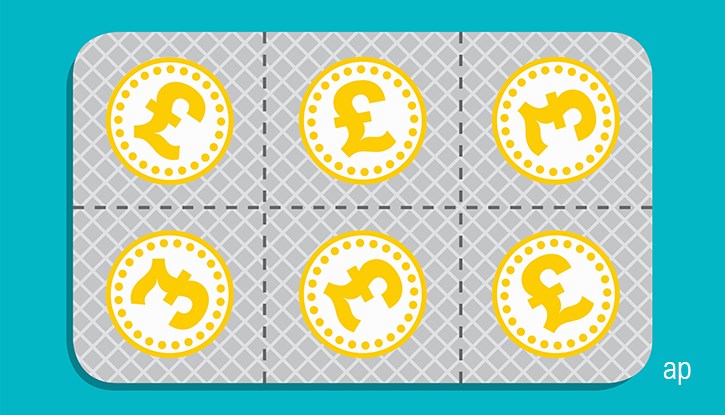.jpg)
Millions of middle-earning Brits will pay more tax as a result of a fiscal overhaul announced by chancellor Jeremy Hunt in an enlarged Autumn Statement this afternoon.
Thresholds for income tax and national insurance (NI) will be maintained at 2023/24 levels until April 2028, netting the Treasury over £1.2 billion at that time. A freeze on inheritance tax (IHT) will likewise land the government's most powerful department with a further £35 million in 2027/28.
The more immediate fiscal impact will come from Jeremy Hunt's decision to reduce the threshold at which the additional rate of income tax is paid from £150,000 to £125,140 from April next year. In 2022-2023 that will net the Treasury £80 million, rising to £420 million (2023/24), £790 million (2024/25), £770 million (2025/26), £800 million (2026/27) and £855 million (2027/28).
Likewise, a reduction in the dividend allowance from £2,000 to £1,000 from April 2023 and down to £500 from April 2024 threatens to hit investor gains at a retail level. The proceeds will bag the Treasury nothing in 2022/23, and a revenue reduction of -£30 million in 2023/24. Thereafter, revenue from the policy will rise to £450 million in 2024/25, £810 million in 2025/26, £860 million in 2026/27, and £940 million in 2027/28.
Below, we present figures from Quilter showing the real-world impact of the additional rate changes on a standard pay packet.
Changes to capital gains tax (to reduce the annual exempt amount from £12,300 to £6,000 from April 2023, then to £3,000 from April 2024) will also make the Treasury a further £440 million in 2027/28.
Commenting on the changes to the additional rate of income tax, Quilter chartered financial adviser Ian Cook said the policy's revenue implications highlight the political nature of the chancellor's decision making process.
"It's political because the impact on fiscal revenue is relatively minimal over the five years," he says.
"It feels like an appeal to Labour voters that wealthier voters are being taxed, but in relative terms that's middle Britain: people with mortgages sending their children to private school."




























